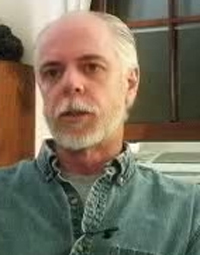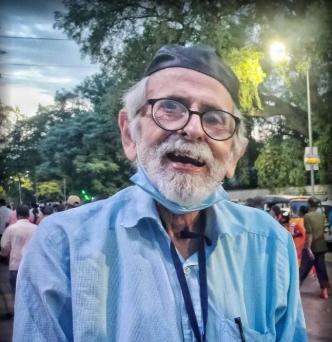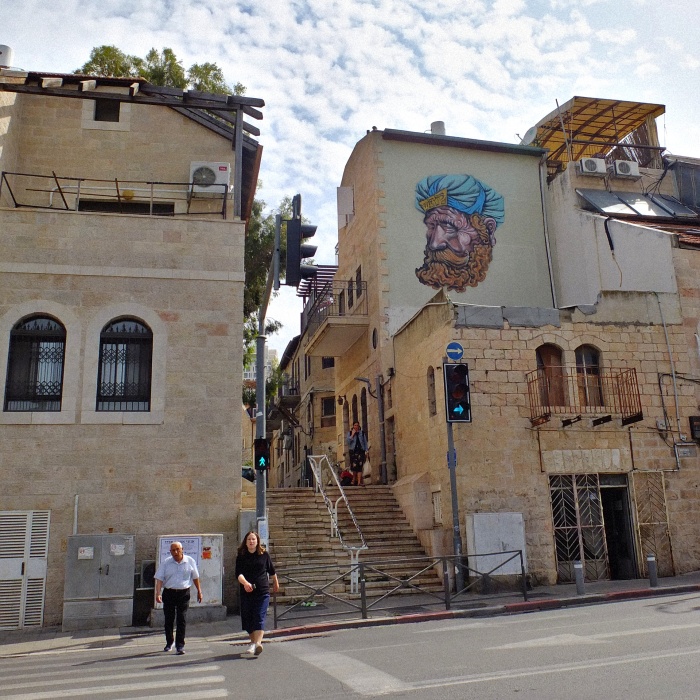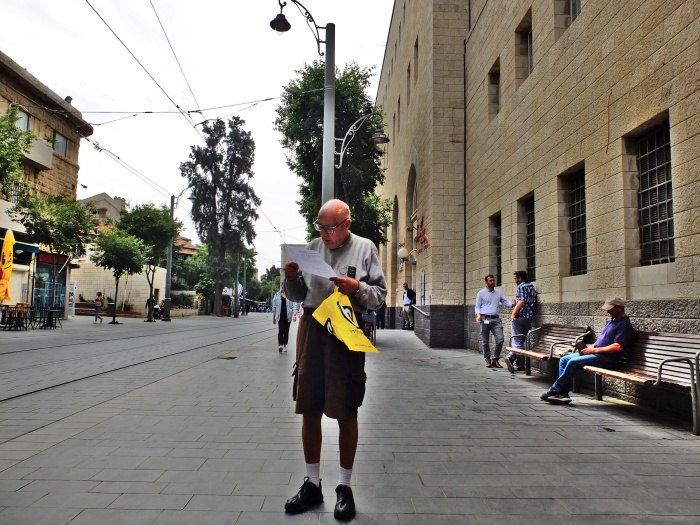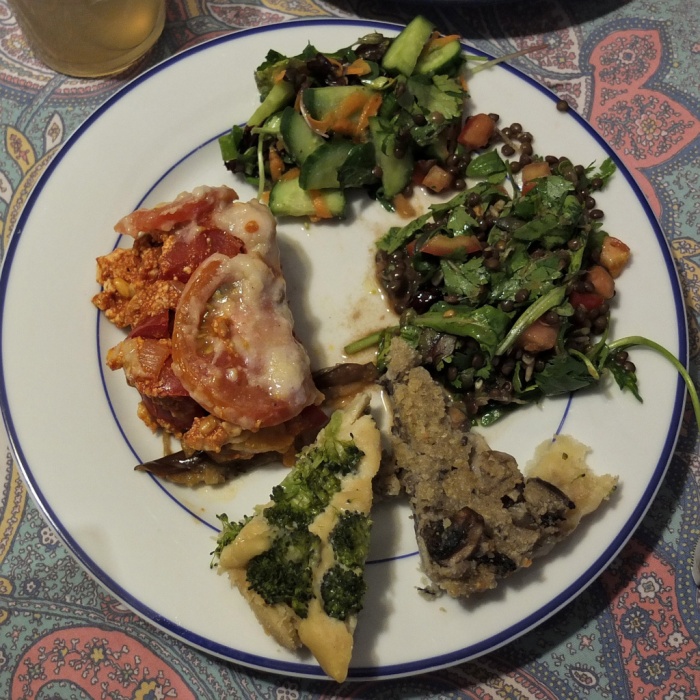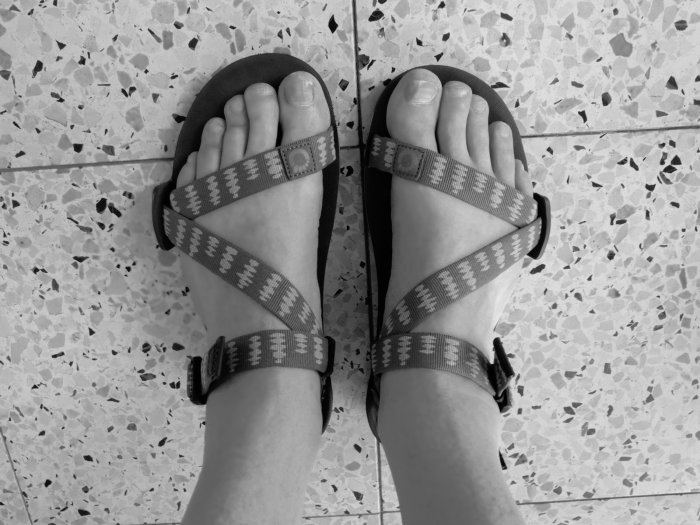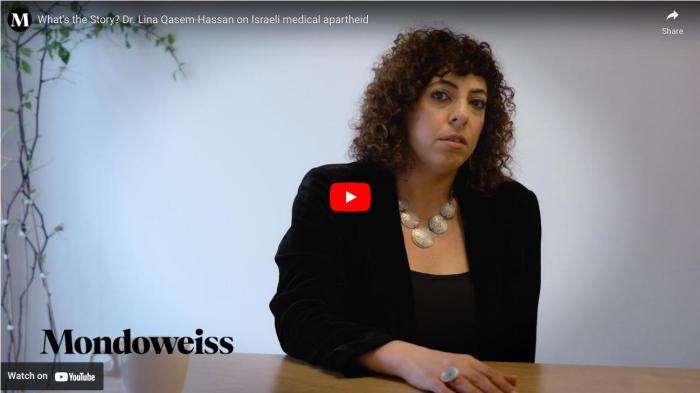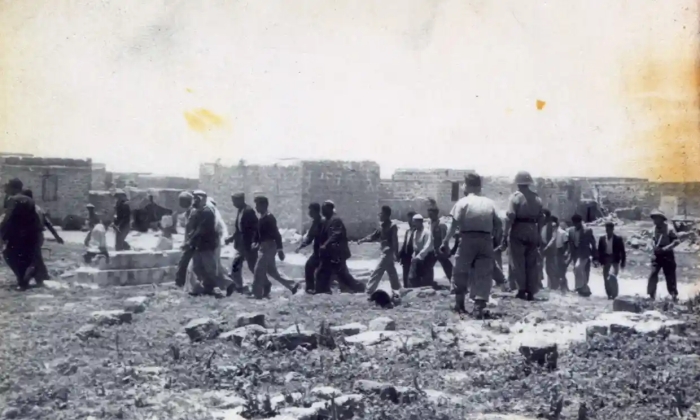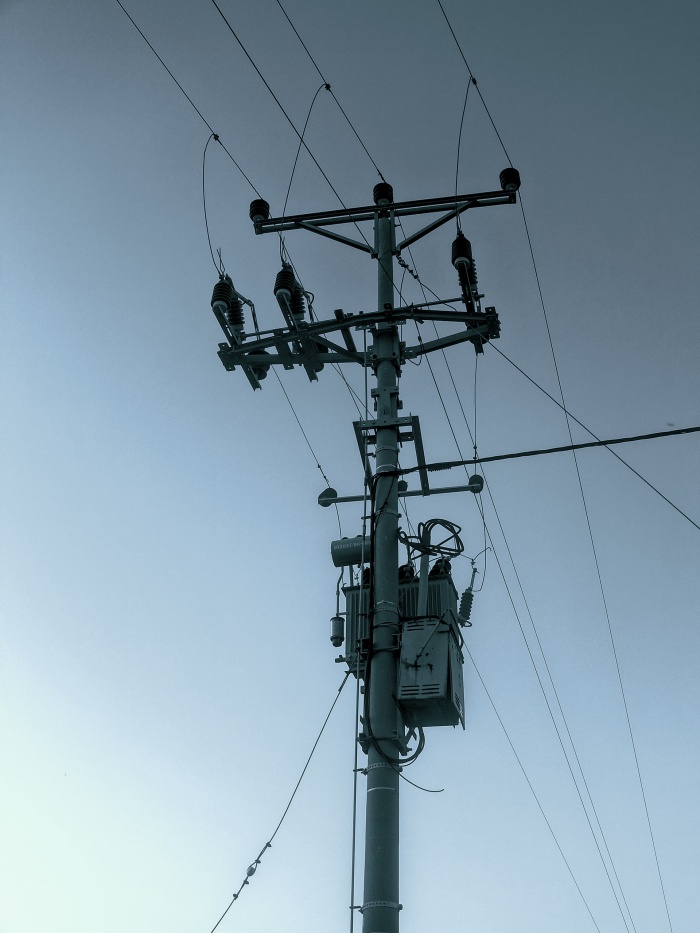This June has been one of the rainiest on record (they said since 1957). One day during the week we had thundershowers intermittently for most of the day, combined with temperatures that were quite cool for this time of year.
On Friday I took advantage of a trip of D to Modi’in, to come along and then catch a train to Tel Aviv, where I spent a couple of hours walking around and taking pictures. I visited the Carmel Market, where I used to buy the weekly groceries for the yoga centre when I first came to Tel Aviv. The market has changed a lot – it seems that nowadays it’s more lucrative to sell bags, clothes and jewelry than vegetables and fruit.
On the trip I at first didn’t find many good photos, and a couple of the ones that were good I decided not to publish. Later, when I reviewed them again, I found things that I liked. Sometimes, cropping an image produced something nice.
I am gradually working out what I consider to be an invasion of privacy. The dry legalities are clear: it’s fine to publish photos of persons in public places as long as there is no profit motive. But, in a world where cameras are ubiquitous, sometimes it still feels wrong to be yet another character there to threaten someone’s privacy. It does not give a good feeling.
But actually, the technique I am using makes it unlikely that I would ever come into confrontation with anyone. I’m only half-aware of the subjects that I am photographing, myself, and usually am not directly looking at them, so it’s as if the camera has a mind of its own, and only later do I discover what it has captured. Also, with the camera slung around my neck, I look like the archetypal tourist – the perfect alibi. Finally, I am not publishing the results in any mainstream social media.

Faces Places
A 2017 doco by Agnès Varda and JR. It’s full of charm, imagination and humour.
“L’Air de Rien”
Mainly to improve my French, I started to listen to some French podcasts. One of the first that I came upon was “L’air de rien” . It’s on a variety of subjects. After listening to a few episodes on my walks, I also came across his blog www.eiffair.fr Both the podcast and the blog are really interesting, and he is very helpful in referencing other bloggers and youtubers. This evening I’ve been reading his posts on photography, and following the links to Ted Forbes, Dimitri Lazardeux and Joe Cornish.
Links blog
The village of ‘Ein Samiya is no more Heartbreaking testimony and photos by David Shulman
Detention without trial
What goes around comes around: till now “administrative detention” (first adopted by the British under “emergency” regulations at the end of the Mandate period) has been used mainly against Palestinians.
Far-right Pushes Bill Granting Ben-Gvir Powers to Put Israelis in Detention Without Trial
Far-right Israeli lawmakers are advancing a bill that would allow National Security Minister Itamar Ben-Gvir to put any Israeli citizen in detention without trial, Channel 12 News reported on Sunday.
The proposal would allow police to limit the freedom of movement and employment of the suspect, enforces bans on internet use, and constraints on their communications. It would also allow police to place Israelis under house arrest for up to six months under “maintaining public order,” and let judges use inadmissible evidence.
According to leaked pages from the bill, the main criteria would be if Ben-Gvir “is convinced that there is a near certain possibility of real harm to public security.” The orders will then require approval from Israel’s police commissioner and either the attorney general’s office or state prosecutor.
The bill, sponsored by National Security Committee chairman Tzvika Foghel, is expected to be fast tracked through the Knesset, meaning it will bypass the need for a legal opinion from the attorney general. Ben-Gvir had previously ordered the police to seek the approval of Israel’s Attorney General Gali Baharav-Miara in order to expand the use of administrative detentions.
Poverty-stricken women and girls are being tricked and abducted in West Bengal
“‘I trusted him’: human trafficking surges in cyclone-hit east India”
The army white-washed the case; ruled that no one is responsible for the death of a 78 year old man who had been bound and ganged during an army incursion into his own village.



